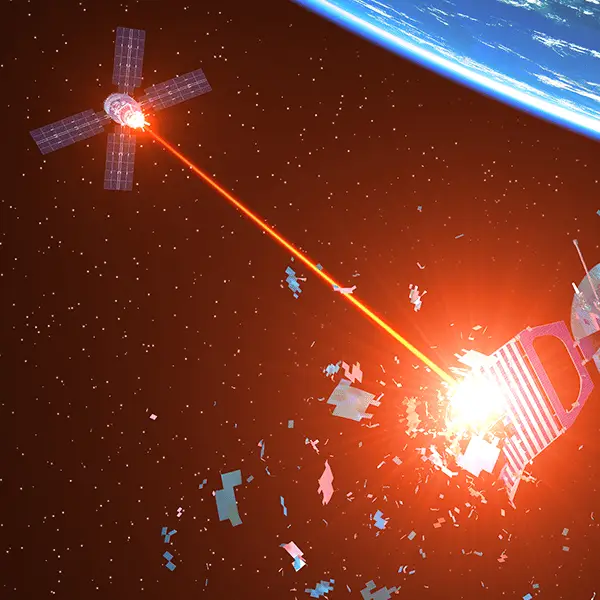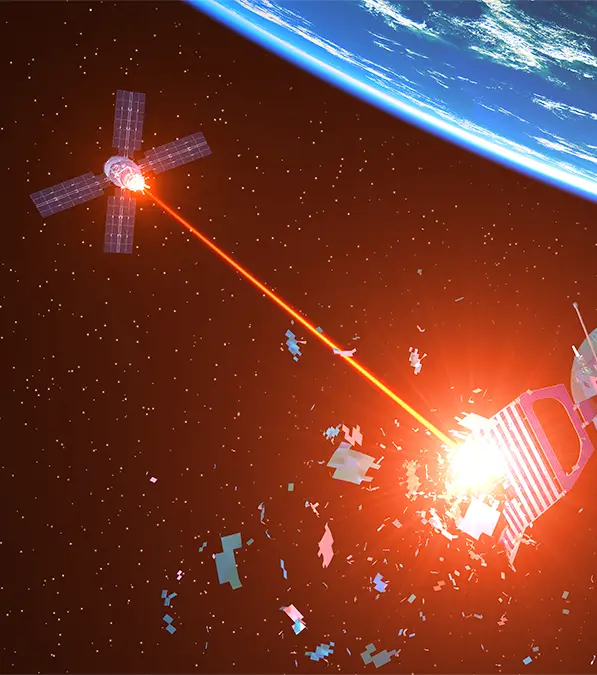
Solar panel rooves aren't the only way to collect energy from the Sun.
Thanks to space scientists, we may have found a way to generate solar power in a whole new way.
Last year, the research team at the California Institute of Technology’s (Caltech) Space Solar Power Project (SSPP) developed a prototype satellite that collected solar power and beamed it down to planet Earth.
The prototype, called the Space Solar Power Demonstrator (SSPD-1), was developed in collaboration with Indie Semiconductor, Inc., NASA's Jet Propulsion Laboratory (JPL), Amazon Web services, and GuRu Wireless.
Advert

In January 2023, the SSPP launched SPPD-1 into low Earth orbit using a SpaceX Falcon 9 rocket. The space experiment was then launched in June 2023 and has been transmitting energy down to Earth via solar panels on a satellite in orbit.
The space scientists confirmed that the experiment has been a massive success throughout its 10-month duration.
Using their Microwave Array for Power-transfer Low-orbit Experiment (MAPLE), the SSPD showed that we can actually transmit power in space and send it back to Earth. This is the first time anyone's managed to do this, and it could open up the potential for a solar power station in space.
Eventually, the prototype will be responsible for three types of experimental technologies, but for now, it's primarily being used for solar power.
Lead researcher and co-director of SSPP, Ali Hajimiri, said: 'In the same way that the Internet democratised access to information, we hope that wireless energy transfer democratises access to energy.

'No energy transmission infrastructure will be needed on the ground to receive this power. That means we can send energy to remote regions and areas devastated by war or natural disaster.'
Solar panels are a sustainable energy source here on Earth, but it does have its setbacks.
For example, solar panel outputs can drop to 25% on cloudy and rainy days and of course, don't produce any output during the night.
However, with space satellites being in close proximity to the Sun, they can generate energy throughout the day and night.
Hajimiri explained that with this result, energy can be sent to 'remote regions and areas devastated by war or natural disaster.'
'To the best of our knowledge, no one has ever demonstrated wireless energy transfer in space, even with expensive rigid structures. We are doing it with flexible, lightweight structures and with our own integrated circuits. This is a first!' Hajimiri concluded.